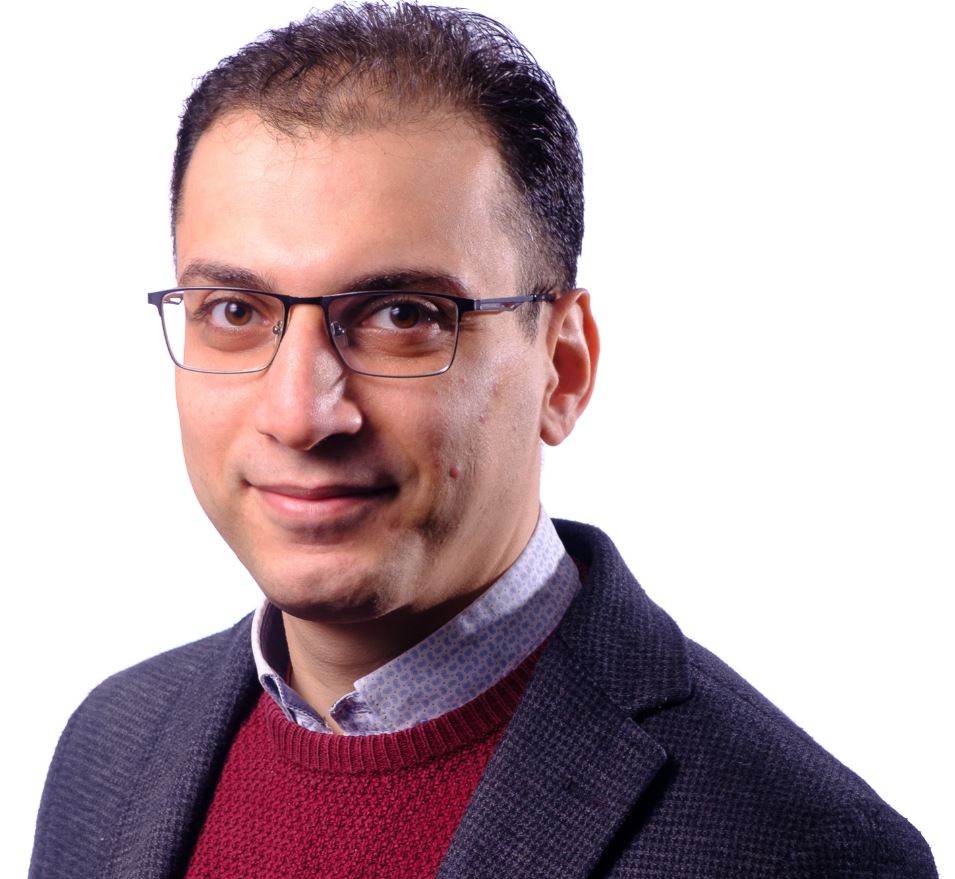
Lecturer in Computer Science
This research unit focuses on the development of novel AI and visual computing solutions for real-world problems in collaboration with variety of academic, industrial and clinical partners.
CS academics have established track record in the development of knowledge and technologies in Artificial Intelligence, Visual Computing, Data Mining, machine learning, Image and signal Processing, Natural Language Processing (NLP), Big Data, Data Analytics, Digital Health and medical imaging/diagnostics.
This research unit enjoys extensive experience in the development of innovative systems for processing big, complex, multi-dimensional and multi-wavelength datasets for a variety of multi-disciplinary applications. This cutting edge research has been funded by major UK Research Councils (EPSRC mainly), Innovate UK, European Union (FP7 and H2020), NHS (National Innovation Centre) and Industry (ESA, JLR, SMEs, etc).
We have strong collaborations with industry, commercial and public sector organisations and have long history of successful supervision of PhD students. Many of our PhD students have clinical or commercial partners. We also have Strong involvement with professional societies and national/international academic networks (IET, BSC, AHSN, etc). This research unit has four knowledge transfer arms: The Visual Computing Centre, the Advanced Automotive Analytics Research Institute, The Computing Enterprise Centre and the newly established Health Data Analytics Lab (DHEZ).

The AI Research (AIRe) Group, one of the largest in terms of academic staff and research students numbers in the University, conducts research funded by the BBSRC, EPSRC, TSB and EC, as well as industry sponsors. The members' research is focused on machine learning, information representation and integration, data mining, knowledge discovery with applications in data governance, health care, (privacy in) web databases and social networks, chemo- and bio-informatics, business intelligence, decision support systems, operations research and education.
These expertise areas are built on active interdisciplinary collaborations with research groups from University's Faculties, as well as with a range with UK and international research centres.
We will be pleased to receive expressions of interest from prospective research students and visiting researchers.
Research expertise:
With applications in:
Our research group has extensive experience in the development of computer vision systems for processing multi wavelengths satellite images for solar/space imaging and remote sensing applications. We are also experienced in the development of on-line technologies and visualisation and super-resolution technologies. The group is also experienced in extracting knowledge from historical solar data and solar catalogues using applied data mining techniques to provide higher understanding of the association between solar features and events.
This group has delivered the first generation of automated flares-prediction tool called ASAP. ASAP is integrated with NASA's Community Coordinated Modeling Center (CCMC).
This group is currently developing new solar imaging algorithms to detect solar features that are responsible for Solar Spectral Irradiance, this project is funded by the FP7 project "SOLID: First European Comprehensive SOLar Irradiance Data exploitation". This group is also working in collaboration with ESA in an ESA funded-project, to develop a new version of ASAP that will be used as one of the safety measures for launchers before launching rockets onto space.
The Faculty also has a Centre for Visual Computing focussed on digital image data processing and changing the way we compute visual image data.
Our medical engineering research interests include but are not limited to Confocal Corneal Imaging Analysis, PET Tumour Analysis, Mammography, and Intelligent Analysis of EEG/ECG Signals. Currently, we are funded by the NHS to create reliable 3D models for Corneal diagnostic. The final system will be capable of automatically analysing abnormalities in the corneal images using 3D models and help ophthalmologists to diagnose corneal diseases, and dystrophies. These models could revolutionise the diagnosis process and refine the clinical management of corneal pathology leading to improved NHS patients care.
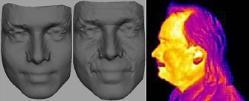

Lecturer in Computer Science
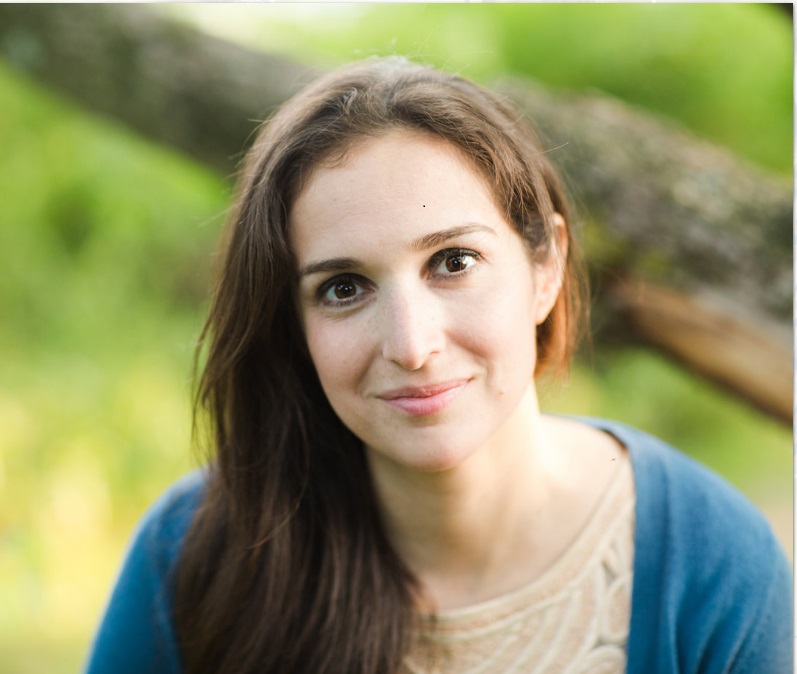
Lecturer in Computer Science
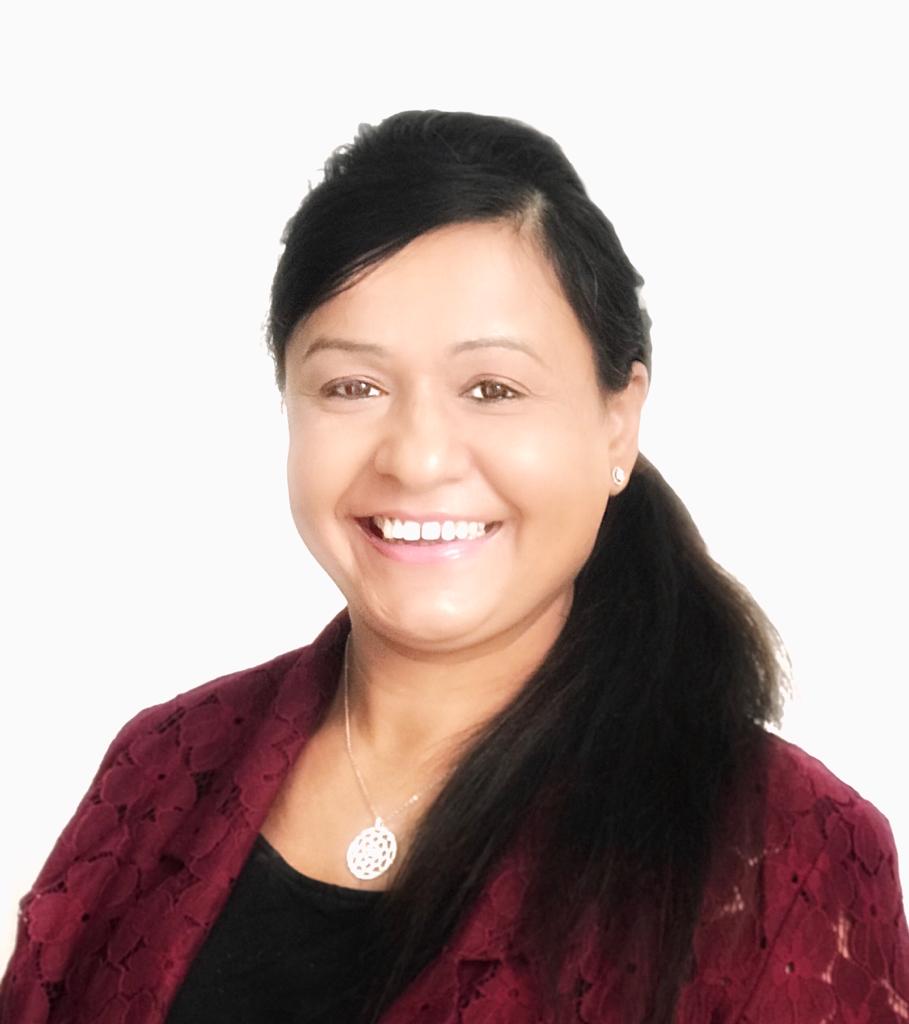
Lecturer in Applied Artificial Intelligence

Lecturer Applied Artificial Intelligence

Professor of Computing

Senior Lecturer in Computing

Professor of Visual Computing

Professor of Visual Computing
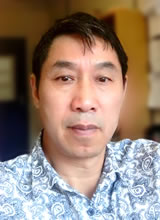
Senior Lecturer

Lecturer

Reader in Computer Science
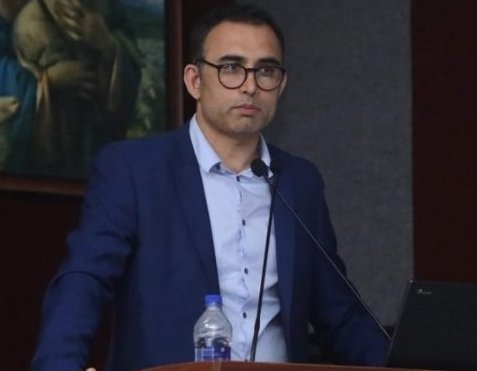
Senior Lecturer in Computer Science